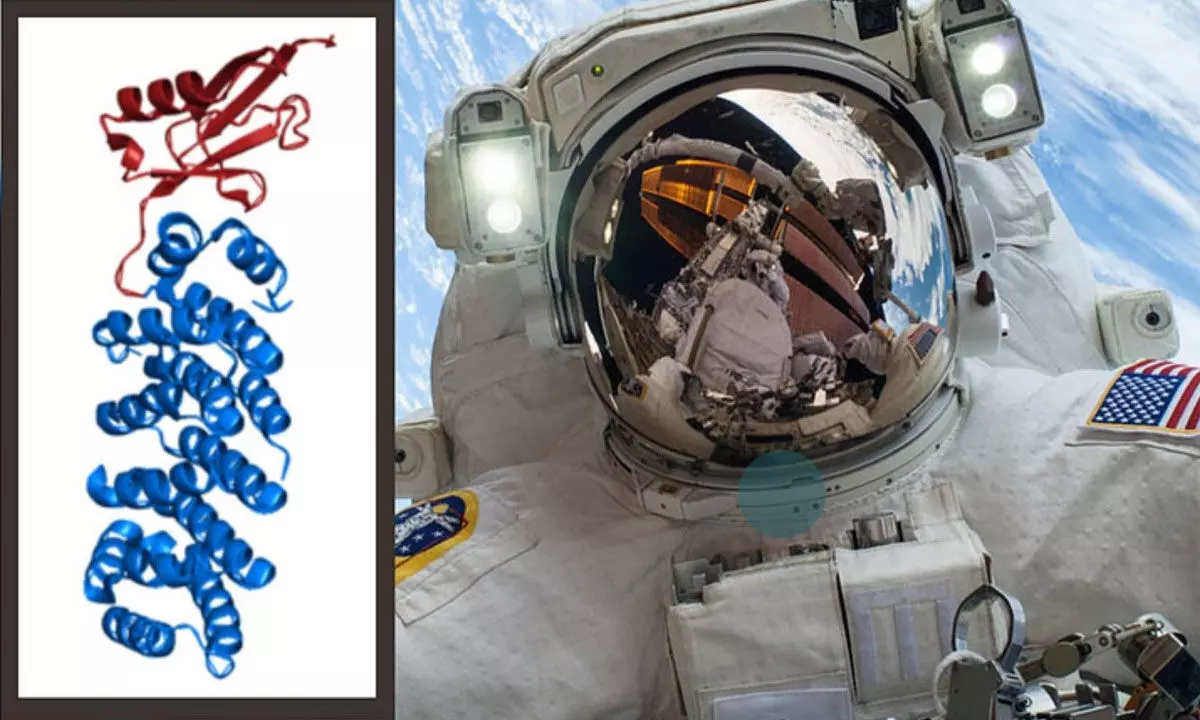Scientists find how microgravity in space can alter human cells

Scientists find how microgravity in space can alter human cells
Scientists have discovered how human cells sense and respond to the weightlessness experienced in space, an advance that could be useful for keeping astronauts healthy on future space missions.
Scientists have discovered how human cells sense and respond to the weightlessness experienced in space, an advance that could be useful for keeping astronauts healthy on future space missions.
The gravity conditions in space, known as microgravity, trigger a unique set of cellular stress responses. In the study, researchers found that the protein modifier SUMO plays a key role in cellular adaptation to simulated microgravity.
"Under normal gravity conditions, SUMO is known to respond to stress and to play a critical role in many cellular processes, including DNA damage repair, cytoskeleton regulation, cellular division and protein turnover," said research team leader Rita Miller, a professor of biochemistry and molecular biology at the Oklahoma State University in Stillwater.
"This is the first time that SUMO has been shown to have a role in the cell's response to microgravity," she added.
SUMO can interact with proteins via two types of chemical bonds: a covalent attachment to a target lysine or noncovalent interactions with a binding partner. The researchers looked at both types of interactions in yeast cells, a model organism commonly used to study cellular processes.
They analysed cells that had undergone six cellular divisions in either normal Earth gravity or microgravity simulated using a specialised cell culture vessel developed by NASA.
To understand which cellular processes were affected by the stress of microgravity, they began by comparing the levels of protein expression for cells that experienced each gravity condition.
Then, to find out what was driving these protein changes, they looked more specifically at which of these proteins interacted with SUMO using mass spectroscopy.
In the cells experiencing microgravity, the researchers identified 37 proteins that physically interacted with SUMO and showed expression levels that differed from that of the Earth gravity cells by more than 50 per cent. These 37 proteins included ones that are important for DNA damage repair, which is notable because radiation damage is a serious risk in space. Other proteins were involved in energy and protein production as well as maintaining cell shape, cell division and protein trafficking inside cells.










